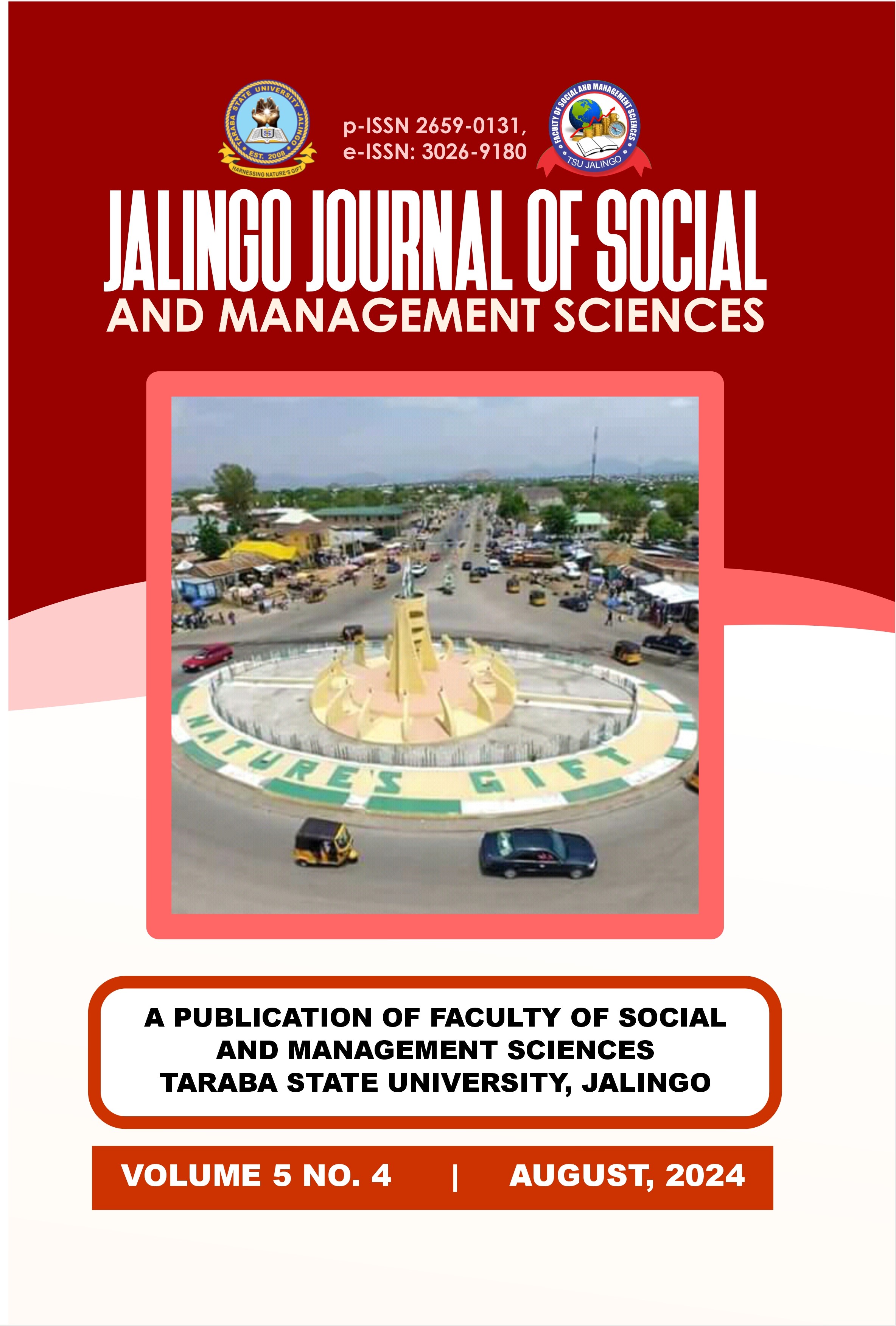Farmer-Herder Conflict and International Crimes in Benue State, Nigeria
Keywords:
Conflict, Crimes against humanity, Farmer-herder, Genocide & International crimesAbstract
From 2013-2018, the farmer-herder conflict in Benue State escalated to an unprecedented level with attendant destruction of lives and property. The gravity of the crimes committed led to unofficial calls for the International Criminal Court to intervene. This study therefore, assess whether the crimes committed by suspected herdsmen in Benue State can be categorized under international crimes or not. The study adopted mixed method of research design and collected qualitative data through 25 Key Informant Interviews (KII), 8 In-depth Interviews (IDI), 2 Focus Group Discussions (FGD), and Direct Observation. Quantitative data were collected over six years (2013-2018) from two sources, including Benue State Ministry of Information and Orientation, and Nigeria Watch - an online database that keeps record of violent death in Nigeria. Purposive sampling and snowballing methods were employed in reaching out to
respondents. Three Local Government Areas were selected as case studies. These include: Logo, Guma and Agatu Local Government Areas. Human need and deterrence theories were adopted as the framework of analysis for the study. Data were analyzed using simple descriptive statistics and content analysis. The findings of the study reveal that the crimes committed did not meet the gravity requirement of genocide. However, crimes against humanity such as murder, rape and forced pregnancy were committed by suspected herdsmen in Benue state, which makes it a security concern to the international community. Based on the finding, the study recommend that Nigeria should domesticate the Rome Statute, and highlevel perpetrators must be prosecuted to serve as deterrence.

Downloads
Published
Issue
Section
License
Copyright (c) 2024 JALINGO JOURNAL OF SOCIAL AND MANAGEMENT SCIENCES

This work is licensed under a Creative Commons Attribution-NonCommercial 4.0 International License.
